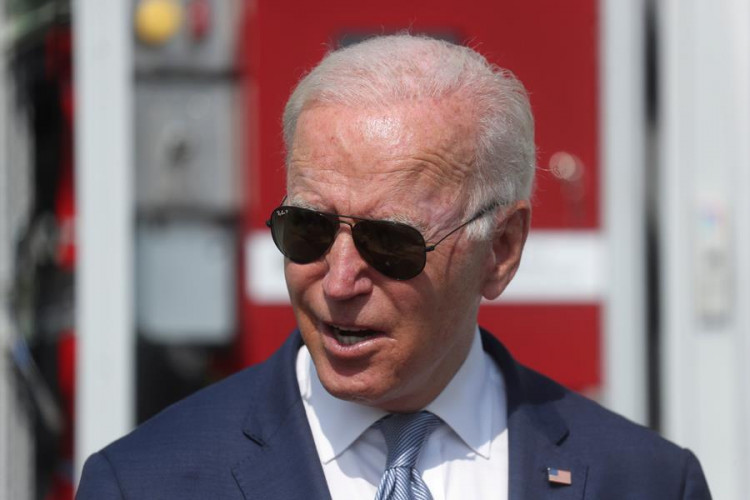U.S. President Joe Biden signed legislation to avoid a partial federal shutdown and keep the government funded until December 3 with barely hours to go on Thursday evening.
The Senate's and House's back-to-back votes dodged one catastrophe, but the major parties are still at odds over how to boost the government's borrowing limit before the country faces a possibly disastrous default.
The government's financing was slated to expire at midnight, but Democratic congressional leaders, who control both chambers of Congress, expressed optimism that the government will stay open.
The bill received bipartisan support in both the House and Senate earlier in the day.
"The approval of this bill shows us that bipartisan effort is possible, and it allows us time to approve longer-term funding to keep our government working and delivering for the American people," Biden said in a statement on Thursday.
The proposal was approved by the House in a bipartisan vote of 254-175, just hours after it passed the Senate by a vote of 65-35.
The talks went on well into the evening. House Speaker Nancy Pelosi said it was a "useful and essential day" in a statement to her Democratic colleagues, adding that talks were continuing.
Some progressive Democrats have pledged to vote against the bill to invest in the nation's highways, bridges, and other facilities, citing a lack of agreement among Democrats on a multibillion-dollar companion package that includes financing for social services and climate change.
The interim package will "help process and resettle Afghan refugees and finally deliver on essential emergency relief for Americans ravaged by hurricanes and wildfires this summer," the majority leader stated.
Republicans in the Senate have maintained that Democrats must act alone on the debt ceiling, thwarting Congressional Democrats' attempts to handle the government funding issue with the debt limit.
An additional $6.3 billion will be used to assist with the relocation of Afghan evacuees from the United States' 20-year conflict with the Taliban.
Democrats will devote their whole focus to the need to raise the federal borrowing ceiling, which currently stands at $28.4 trillion, once the government is financed, albeit temporarily.
In the modern age, the United States has never defaulted on its debts, and both parties have historically voted to raise the debt ceiling. During Donald Trump's administration, Democrats joined the Republican Senate majority three times.






